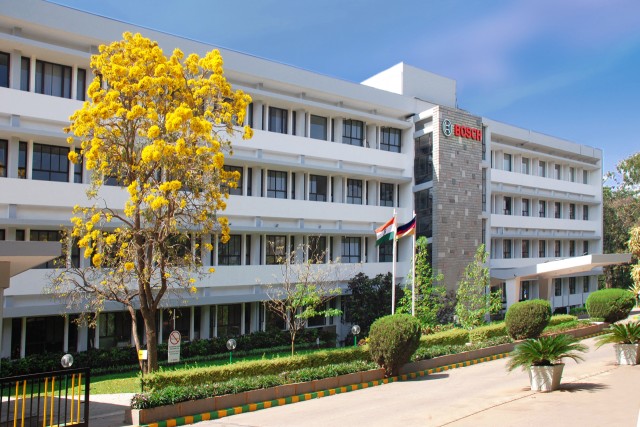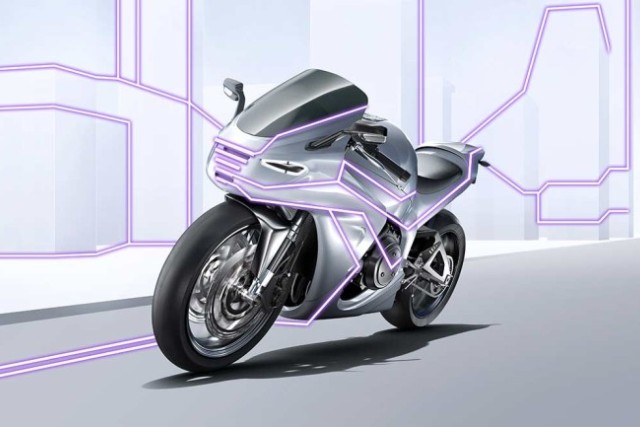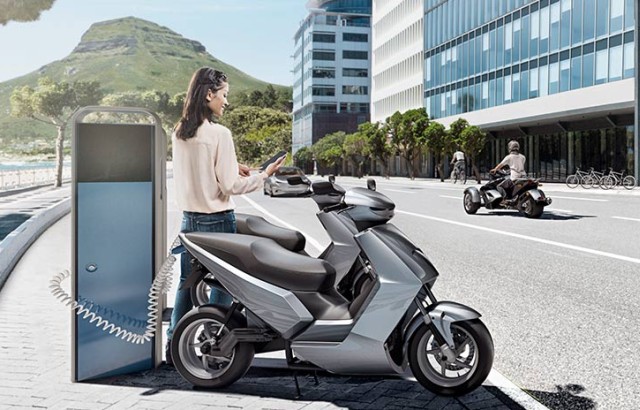The annual press conference for Bosch 2020 was held today, digitally, of course, as the company heads outlined the way forward.
With the pandemic bringing industries to a halt and disrupting supply chains, the automotive industry was amongst the worst hit. Add the liquidity crunch and the low lending sentiment apart from no immediate signs of recovery and the reality of how badly the lockdown had crippled the industry is clearly visible in the short-term impact, although many are choosing to look more optimistically towards the long-term future.
For Bosch Global, an industry leader in technology and components and OEM supplies, the situation is no different. Soumitra Bhattacharya, President of Bosch Group in India, and Jan Oliver-Röhrl, Bosch’s Chief Technology Officer, were at hand speaking to the media. Like the automotive industry, the Bosch 2020 plan is to focus on their priorities. Safety and hygiene come first, followed by ensuring the supply chain works, and, finally, producing only what is needed to avoid standing investments. For now, there is a need to preserving liquidity. The customer sentiments are low in part due to the lower liquidity, The supply and demand crises are still a huge spanner in the works, and the full resumption of factories will be based on customer needs and safety of the workforce. Bosch reiterate that personnel won’t be relieved of positions though there will be roles and jobs that will be restructured.
The automotive industry is based on Tier I, Tier II and Tier III manufacturers, suppliers and ancillaries and if even one fails, the whole structure will collapse. Thus, the success of the industry depends on the recovery of the entire ecosystem. There have been declining numbers this far but Bosch are maintaining a positive outlook for 2020 with a slow ramp-up of operations. Their massive, world-class smart centre in Adugodi in on track to be ready by 2022.
Looking back at 2019, the Bosch Cross India Mobility Tour and the Spirit of the Ride Two-wheeler Conference highlighted the successes and celebrations of the pre-lockdown era. From the Auto Expo showcase and their presence at IMTEX, to being recognized as the best power tools plant, and having the global board of management visit the Bidadi facility, it had been a good year. Bosch India have 18 plants and 15 legal entities, with the highest number of engineers in the world, after Germany, engaged in research and development here. Bosch also saw the fastest change from BS4 to BS6 emission norms – the fastest anywhere in the world – and were responsible for 79 OEM project deliveries from India. The company invests €400 million (Rs 3,280 crore) in R&D every year! Bosch are also on the way to becoming carbon neutral. Photovoltaic (PV) cells and as many as 50,000 solar panels are in rooftops and, thus, 20 per cent of their energy needs comes from solar power, making for a saving of 25,000 mWh.
Speaking of electric power. Bosch’s electro-mobility division has been busy. Ahead of the Auto Expo earlier this year, we were at a product showcase in Delhi. The recently introduced Chetak electric scooter from Bajaj Auto uses a portfolio of Bosch components including the electric motor and power electronics. Bosch maintain that electrification will first come with two- and three-wheelers in the form of delivery and fleet operations. There will be no spike in electric vehicle (EV) demand as the total cost of ownership will still be prohibitive for personal mobility. That said Bosch see a 20:80 ratio of electric offering to conventional combustion-engined two-wheelers, both coexisting, of course, by 2030.
Also read: Bajaj Chetak First Ride Review
The recently announced 20-lakh-crore stimulus package made headlines, but while it may have addressed many needs including migrant labour and agriculture, it has not impacted the automotive industry directly and, thus, the Bosch 2020 lookout is toward a more direct stimulus package and a clear scrappage policy for older vehicles, as the automotive industry remains one that generates and sustain massive employment. Bosch had donated Rs 5 crore to the PMCARES fund and pledged another Rs 50 crore, not to mention taking providing meals those in need. Bosch have reduced Capital Expenditures (CapEx) substantially for non-essential streams but have maintained what they need for Adugodi. Of the Rs 350-500 crore so far, they are accounting for a 40-50 per cent reduction. However, lower revenues or not, health and safety come first.
Also read: Bosch Mobility Solutions for the Next Step






Leave a Reply